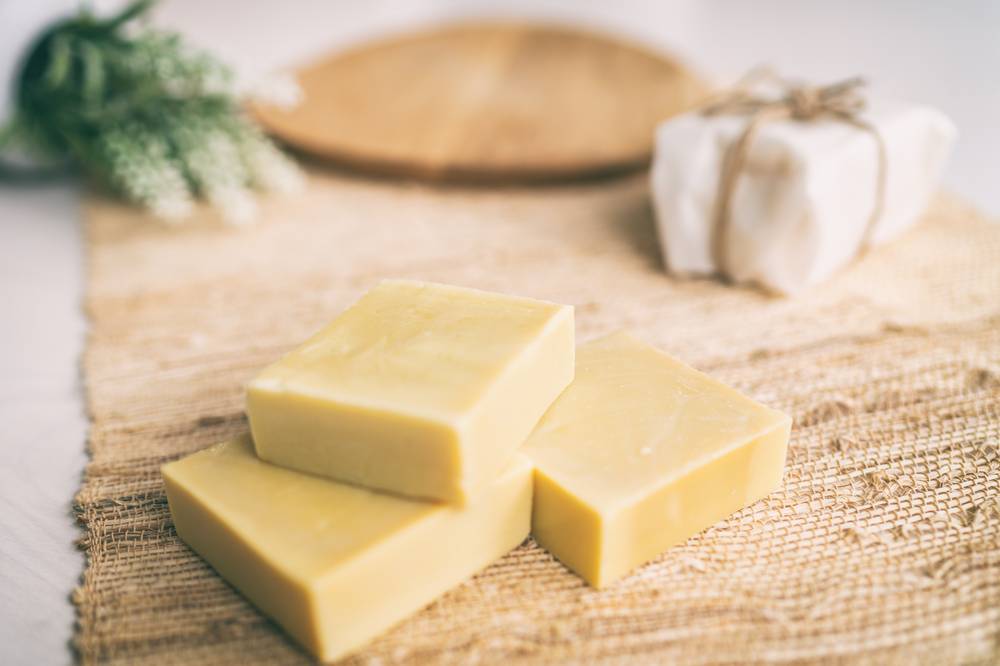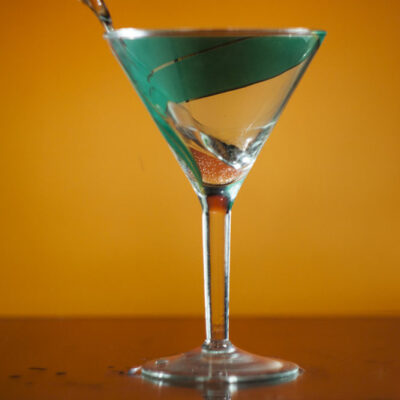
Soaps That Trigger Psoriasis
Plaque psoriasis is a skin condition characterized by flaky, red patches on the surface. It often appears dry and cracked because of its intense itching and scaling. The severity can vary from person to person. For example, some patients may only have a few itchy, red patches while others may be covered with swollen lesions.
Psoriasis may cause chronic pain and discomfort that affects the quality of life for those who suffer from it, which is why many doctors recommend avoiding certain personal care products, like following soaps, that may trigger psoriasis symptoms:
1. Soaps with cocamidopropyl betaine
Cocamidopropyl Betaine is an ingredient that is derived from coconut oil. It is a surfactant, which means it helps to reduce the surface tension of liquids. This additive is found in many shampoos, body washes, and soaps and can cause skin irritation and other skin problems if combined with other irritating ingredients.
2. Soaps with botanical oils
Botanical oils are plant-based oils that are used in many soap formulations. They can cause skin irritation and worsen plaque psoriasis symptoms. If you have psoriasis, some botanical oils that you should avoid include tea tree oil, lavender oil, eucalyptus oil, and peppermint oil. Also, avoid soaps that have hemp oil, rosemary oil, and kukui nut oil.
3. Soaps containing methylchloroisothiazolinone and methylisothiazolinone
Methylchloroisothiazolinone (MCI) and methylisothiazolinone (MI) are two preservatives found in many soaps and shampoos. They irritate the skin and may cause itching, redness, and scaling in patients with sensitive skin due to their antifungal and antibacterial properties. Additionally, bath oil containing MCI may further aggravate psoriasis symptoms, especially if the skin is in a wet environment for an extended time.
4. Soaps with propylene glycol
Propylene glycol is a type of alcohol used as a solvent and is also an ingredient in many cosmetic products. It can cause skin irritation, dryness, scaling, and itchiness. This additive helps soaps retain their moisture, and it is found in many liquid soaps and bubble baths. It is also used as a moisturizer for the skin. Although this substance makes soap last long, it can increase your psoriasis symptoms when combined with other ingredients such as sodium laureth sulfate (SLS). SLS causes skin irritation, and it is a common irritant in many shampoos, toothpaste, and body washes.
5. Antibacterial soaps
Antibacterial soaps are soap formulations that contain triclosan. Triclosan is a chemical that is added to many consumer products because of its antibacterial properties. It has been shown to cause skin irritation and dryness. Antibacterial detergents are not necessary for psoriasis because bacteria does not cause this condition. In fact, using antibacterial detergents can make psoriasis symptoms worse, by reducing the number of healthy bacteria that live on your skin.
6. Strong fragrance soaps
Parfum, perfume, or fragrance are ingredients found in most soaps and body washes. Harsh fragrance can cause skin irritation, including itching and scaling, particularly when combined with other irritating ingredients like sodium thioglycolate found in many thioglycolate soap formulations. Fragrance soaps can also contain phthalates. Phthalates are chemicals that are used to make fragrances last longer, but they have been linked to health problems such as cancer and congenital disabilities. If you have psoriasis, it is best to avoid soaps with fragrance.
To sum it up, many ingredients in soap formulations can cause irritation, dryness, and redness if combined with other ingredients. If you have psoriasis, it is best to steer away from soaps containing these common irritants.


